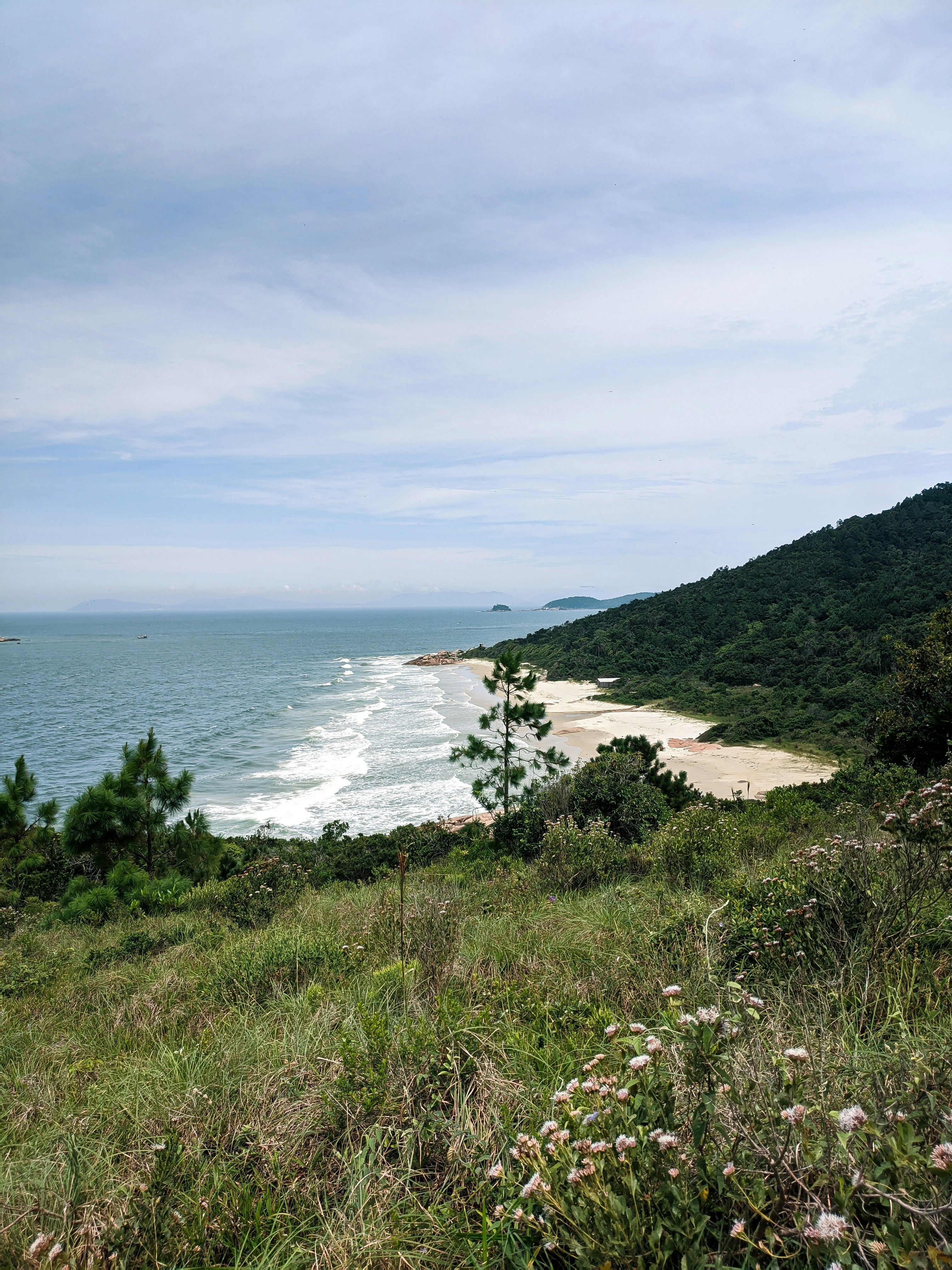Cracking Down: Merz Rejects "National Emergency" Call for Migrant Controls
Immigration: CDR Rejects Declaration of "State of National Emergency" - Immigration Debate: Spokesperson for Merz Rejects Claims of Declaring "National Crisis"
Article 72 provides the grounds to deviate from EU law to preserve order and secure internal security. Last year, with CDU and CSU insisting on it, the clause could have allowed for "comprehensive expulsions" of migrants.
However, the influx of migrants has sharply declined. In January, the German government reiterated that the conditions for using the exception clause were not met.
In a bold move, Interior Minister Alexander Dobrindt (CSU) recently announced beefed-up border controls to cut back on migrant numbers. This includes boosting federal police presence at borders and denying entry to asylum seekers, except for minors and pregnant women. This decision has stirred outrage from neighbors Poland and Switzerland.
A day later, the Federal Ministry of the Interior notified ambassadors from neighboring countries about these measures. The meeting highlighted the importance of maintaining cooperative relationships, despite the escalating measures.
The coalition parties - Union and SPD - have agreed, per their agreement, to expel asylum seekers. But, they stress that these expulsions should align with partners in the EU.
- Migration Controls
- Germany
- Friedrich Merz
- CDU
- Bundesregierung
- Refugee Crisis
- Asylum
- Neighboring Countries
- Protests
- Border Controls
- AFP
Deep Dive:
Modern Germany's migration policies, under Chancellor Friedrich Merz's leadership, center on reinforced border security and collaboration with EU neighbors. Key facets of these policies are:
- Enhanced Border Security
- Strengthened Police Presence: Germany plans to deploy more police at its borders to manage illegal immigration, potentially turning away certain asylum seekers[1][2].
- Denying Entry: Policies aim to reject asylum seekers without proper documentation upon entering Germany, following EU regulations[2].
- Partnership with EU Partners
- International Collaboration: Germany intends to collaborate effectively with neighboring European countries to implement robust border controls, involving coordinating with EU countries to halt asylum seekers[3].
- Reducing Secondary Migration: Chancellor Merz emphasized minimizing secondary migration, particularly from countries like Greece, to improve migration control[5].
- Moderate Asylum Policies
- First Country Rule: Germany's asylum policy will adhere to the EU principle that asylum seekers should apply for protection in their first country of entry[2].
- Humanitarian Exception: Although stricter controls are in place, vulnerable individuals will still be permitted entry, indicating a blend of hardline and compassionate policies[1].
- No Mention of "Emergency Measures"
- Legal Groundwork -The new policies are a part of a broader agreement that outlines restrictions on family reunification and deportation of foreign nationals implicated in serious crimes. Nonetheless, the Skilled Immigration Act and citizenship laws remain unaffected[3].
In essence, Germany's migration policies seek to balance hardline border controls with humanitarian considerations, while adhering to EU guidelines and working in harmony with neighboring countries to manage migration effectively.
- Alexander Dobrindt, the Interior Minister, has announced increased border controls in an attempt to reduce migrant numbers in Germany, stirring controversy with neighboring countries Poland and Switzerland.
- Under the leadership of Chancellor Friedrich Merz, contemporary Germany's migration policies focus on reinforced border security, effective international collaboration, and moderate asylum policies, with a balance between hardline controls and humanitarian considerations.








